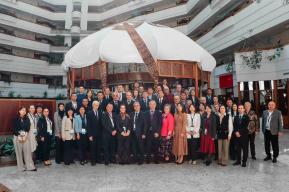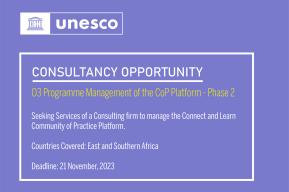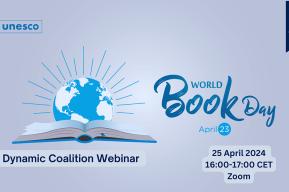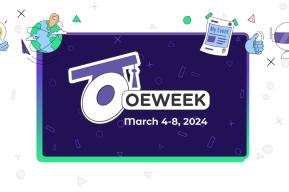
Open Solutions
Open Solutions, comprising Open Educational Resources (OER), Open Access to scientific information (OA), Free and Open Source Software (FOSS) and Open Data, have been recognized to support the free flow of information and knowledge, thereby informing responses to global challenges. UNESCO supports Member States in the implementation of the 2019 Recommendation on Open Educational Resources and promote the mainstreaming of OER practices into policies and strategies. The UNESCO OER Dynamic Coalition, formed by experts from all stakeholders of this standard-setting instrument, also supports the implementation of the five areas of action of the 2019 Recommendation on OER. UNESCO also supports the strengthening of data governance mechanisms to promote availability and accessibility of open data. This will contribute to the advancement of open science, notably within the framework of the 2021 Recommendation on Open Science. UNESCO supports Member States by strengthening their national capacities for open access to scientific information for enhanced scientific research, innovation and domestic research as a common good. Digital public goods are essential in unlocking the full potential of digital technologies and data to attain the Sustainable Development Goals.
Highlights
Our Challenges
News
Upcoming Events
Our Publications











